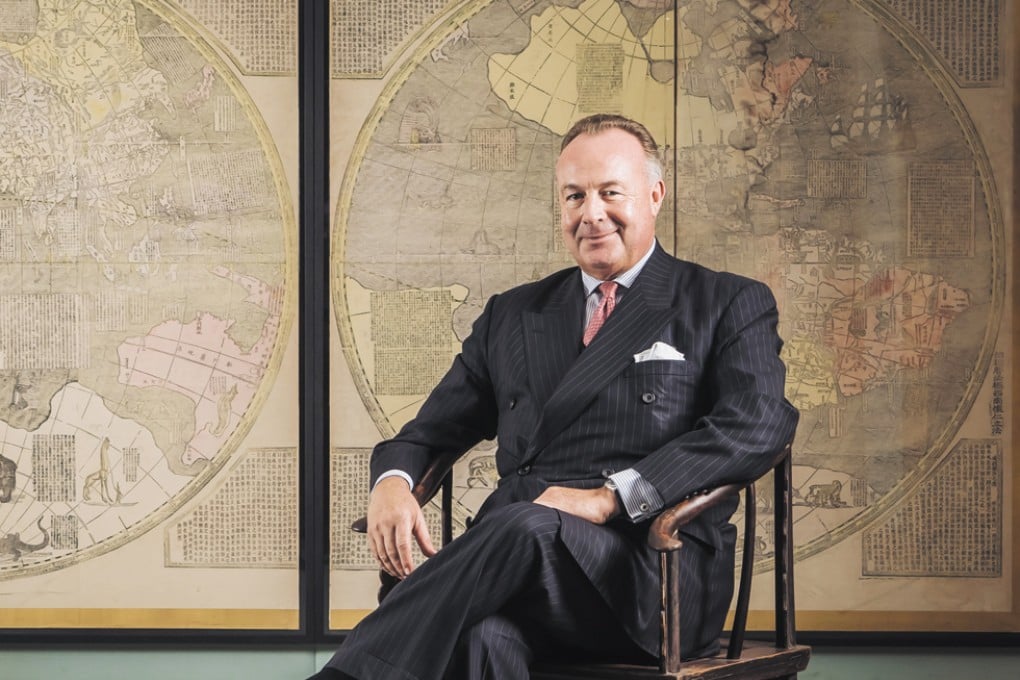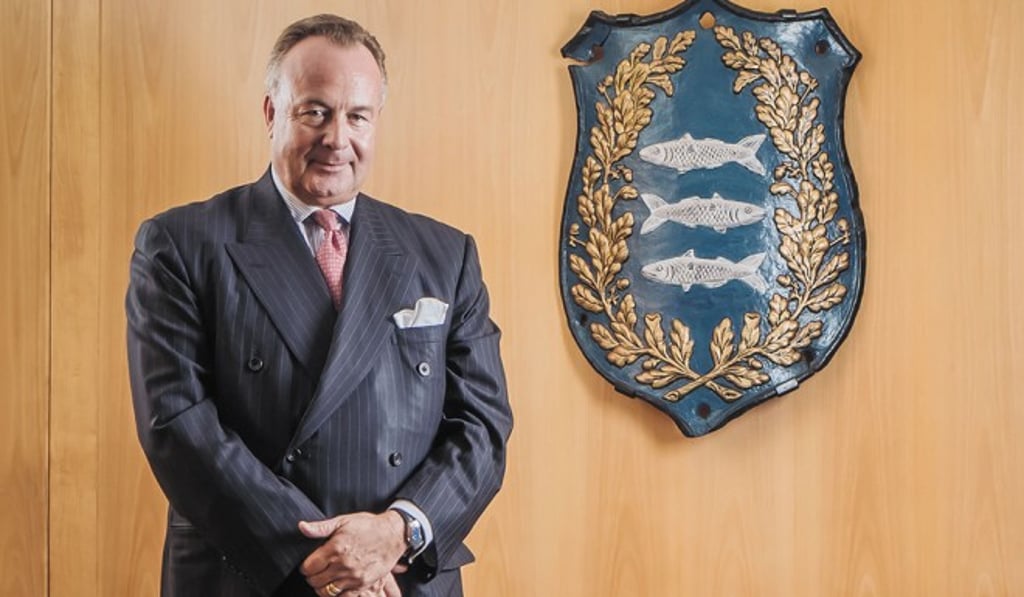Outside Influence
Family offices should be run by outsiders to avoid personal agendas coming into play, says Hans Michael JEBSEN, Chairman of Jebsen Group

[Sponsored Article]
The key to a successful family office is to make sure that the person running it is an outsider, says Hans Michael Jebsen, Chairman of the Jebsen Group. This ensures that no personal agendas come into play while managing the family wealth, he says.
“Someone who is not a family member is best,” Jebsen says. “They should know the family, but not be too close to them. It’s even better if they come from a similar family themselves,” he adds.
Jebsen says that the dynamics of families and corporates are different. Corporates are based on merit and rationality. Families have long-established hierarchies and are based on emotions.
“Family organizations often are based on entrenched hierarchies,” he says. “It is essential to run companies by basing decisions on facts and data. It’s difficult to attach data to anything to do with a family,” he says.
Given the practical function of his own family office, it’s easy to see how Jebsen comes to this conclusion. Jebsen’s family office deals with wealth management and succession planning, drafts wills and acts as a legal and tax advisor.
Independent thinking
Jebsen’s family office is managed by a director who is also a non-executive director of the company. He is supported by a legal advisor, a tax advisor, and a trust advisor. Three assistants help support those roles.
Jebsen set up his family office 15 years ago. He noticed that his company CFO was dealing with business concerning shareholders and partners, while also dealing with typical family office functions. He felt that the CFO was essentially operating two different businesses.
“This was not practical, as the CFO needs to focus on the corporate side. This realization gave birth to our family office,” he says.
Jebsen also regards the family office as an instrument to conduct necessary reality checks. He brought neutral professional voices into the discussion to give an objective analysis. Family members are encouraged to plan ahead. To weatherproof the family wealth against all conceivable eventualities is the core division.
“It’s important to have a dialogue which deals with different scenarios. For instance, what happens if someone doesn’t subscribe to the same values in the family?”
“There is also the issue that as we live longer, decision makers may suffer from dementia. We have to have the courage to ask pertinent questions, especially about the future.”
Jebsen’s views on the organization of a family office have been of interest to a wider public, since his family is one of those relatively few families in the world having experienced successful wealth preservation through timely succession planning over four generations.
Some families have ensured the integrity of family wealth by setting boundaries and family expectations through family constitutions leading by example is the best way to instil family values, i.e. active parenting.
“Constitutions need to be constantly revised, and they might not always stay in sync with national legislations,” he says. “We should make sure we spend quality time with our children. Investing time in the family is the most important investment. It preserves harmony and builds legacy. Ultimately, this also preserves wealth.”
Jebsen is very clear about his moral views on wealth and wealth preservation. “Money cannot and should not be your God,” he says. “If people are defined by wealth, life can be very poor in reality.”
Jebsen says that he has brought up his children to understand that it is more important to do good than to hoard wealth. “Wealth divides, charity unites” is one of Jebsen’s creeds, so the latter should be the focus, he says.
Jebsen’s wife oversees his family trust as a protector, whilst individual family members have independent trustees in their trusts. There are also trusts set up for offspring who do not join the company, as well as charitable trusts.
Live with passion
Jebsen says that the next generation should live their lives with passion. They should be able to make an impact in their own ways, he says.
Jebsen strongly believes that children should carve out their own career paths based on their own aspirations. They should not have to take part in the family business if they don’t feel inclined to.
Jebsen says he has encouraged all five of his children to be the best of themselves and not carbon copies of others, neither their parents. He has made it clear that “it’s ok to be different”, he says.
“We want to avoid raising individuals who are beholden to rank, prestige and wealth, without making an impact to society. Having the privilege of financial independence, they should strive to give back to society through what they are doing in life.”
Jebsen notes that all family offices are different because all families are different. He cautions against copying the structure of other family offices, as it’s impossible to superimpose one family office structure on another.
Every person in the family is different, too, he says. “It’s interesting to see how different our five kids are, yet, diversity and harmony would work well together in a family.” he says.

